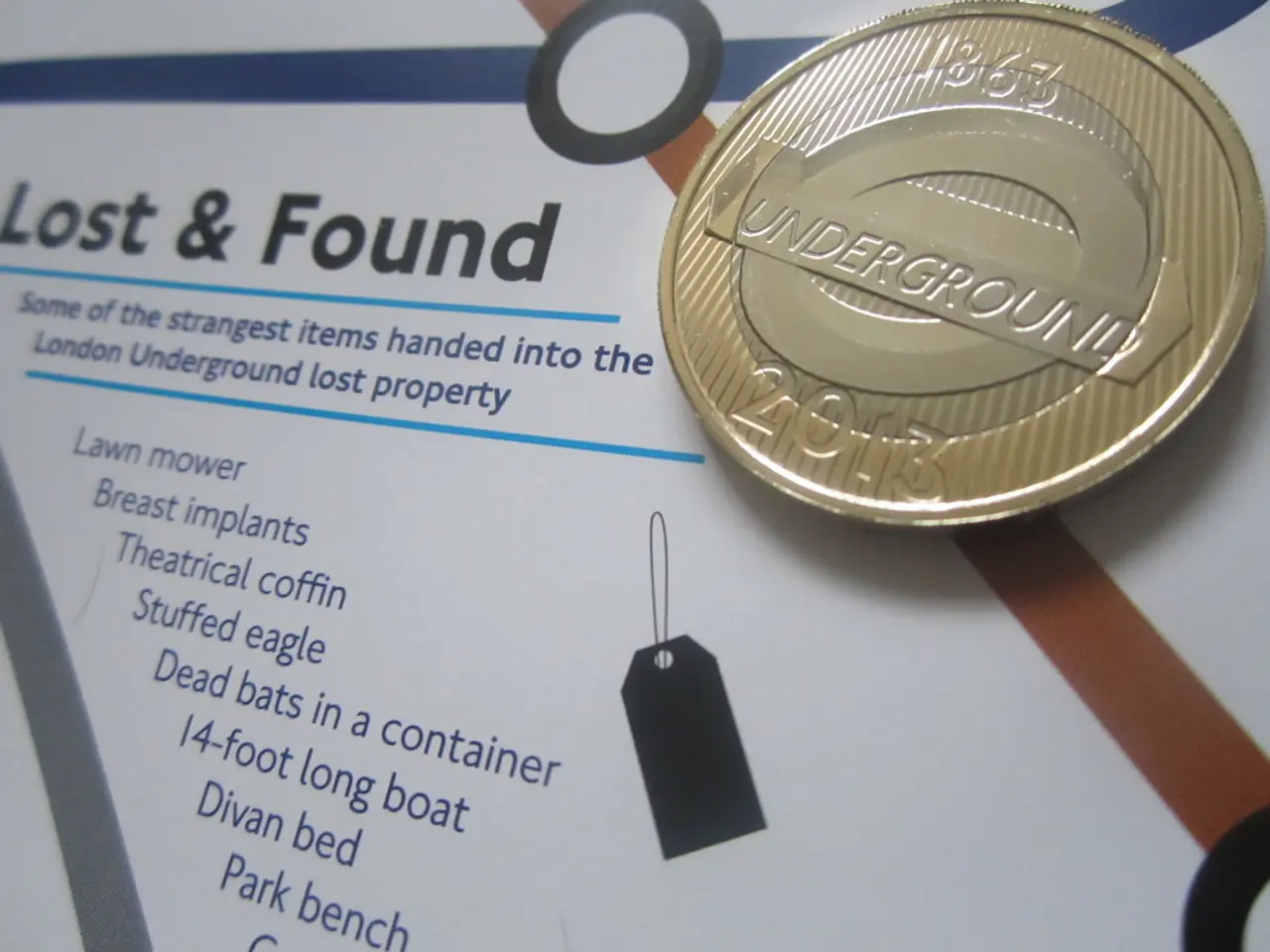Record-breaking inheritance tax revenue of £6.7bn collected before the budget adjustment
In a significant move, recent changes to the UK's Inheritance Tax (IHT) policy have brought about a transformation in estate liabilities and government revenues. The changes, effective from April 6, 2027, will see most unused pension funds and death benefits becoming subject to IHT, aligning their treatment with other inherited assets [2][4].
Until now, pensions had enjoyed a tax planning advantage that allowed them to be passed on tax-free, potentially increasing IHT liabilities for many estates with pension wealth. The government's estimate suggests that around 10,500 estates will incur IHT for the first time due to pension inclusion, and about 38,500 estates will pay more IHT than before [2][4]. The average increase in IHT liability per affected estate is estimated at approximately £34,000, although these figures may decrease due to behavioural changes such as accelerated pension withdrawals [2][4].
Despite the increase in IHT liabilities, the standard IHT threshold remains at £325,000. However, it rises to £500,000 where a main residence is left to direct descendants (children, grandchildren, or their adopted/foster/step variants) due to the ‘residence nil-rate band’ of £175,000 added to the basic allowance [1][3]. This relief remains intact and continues to provide significant tax-free allowances to qualifying estates.
The government's decision to remove the pension exemption and include these funds in the IHT calculation is expected to boost revenues from inheritance tax, targeting wealth previously shielded from the tax. This policy shift aims to create fairer tax treatment among inherited assets while still retaining existing reliefs like the residence nil-rate band [2][4]. Most estates, however, will still not face IHT liability after these changes [2][4].
The changes to the Agricultural Property Relief and Business Property Relief carve-outs, which allowed owners of farmland and family businesses to pass down their assets without paying inheritance tax, have been immensely unpopular. These changes, expected to raise an additional £500m annually for the Treasury, have sparked a string of protests across the country [1].
The year-on-year increase in IHT earnings was over £700m, a 12% jump, marking the latest evidence of the tax making up an increasingly large share of Treasury earnings [5]. The receipts have more than doubled in the past decade and are expected to rise even more sharply in the coming years [6].
The Chancellor removed several reliefs on the IHT levy at her maiden Budget last October, a move that has been met with mixed reactions [1]. Despite the controversy, a spokesman for the Treasury stated that nine in ten estates will continue to pay no inheritance tax by 2030 [7].
These tough decisions on tax, according to the government, could protect working people's payslips from higher taxes, invest record amounts into the NHS, defence, and other public services while keeping bus fares at £3 and expanding free school meals [8].
References:
- BBC News (2021, March 23). Inheritance tax: Farmers and families hit by changes. Retrieved from https://www.bbc.co.uk/news/business-56469108
- HM Revenue & Customs (2021, March). Inheritance Tax: Pension death benefits. Retrieved from https://www.gov.uk/guidance/inheritance-tax-pension-death-benefits
- Gov.uk (2021, April 22). Inheritance Tax. Retrieved from https://www.gov.uk/inheritance-tax
- The Telegraph (2021, March 23). Inheritance tax: Nine out of ten estates to be unaffected by changes, Treasury says. Retrieved from https://www.telegraph.co.uk/personal-finance/inheritance-tax/inheritance-tax-nine-out-of-ten-estates-to-be-unaffected-by-changes-treasury-says/
- The Guardian (2022, January 19). Inheritance tax receipts hit record £6.7bn, up 12% in a year. Retrieved from https://www.theguardian.com/money/2022/jan/19/inheritance-tax-receipts-hit-record-67bn-up-12-in-a-year
- The Times (2021, March 23). Inheritance tax: Families call for delay in changes. Retrieved from https://www.thetimes.co.uk/article/inheritance-tax-families-call-for-delay-in-changes-70jq2g6gx
- The Treasury (2021, March). Inheritance Tax. Retrieved from https://www.gov.uk/government/policies/raising-revenue-from-inheritance-tax
- The Sun (2021, March 23). Inheritance tax: Nine in ten estates to pay no tax by 2030, says Treasury. Retrieved from https://www.thesun.co.uk/money/16869740/inheritance-tax-nine-in-ten-estates-to-pay-no-tax-by-2030-says-treasury/
- In light of the recent changes to the UK's Inheritance Tax policy, many estates with significant pension wealth are now anticipated to face a higher tax liability due to the alignment of treatment between pensions and other inherited assets, potentially leading to an increase in government revenue from finance and business sectors.
- The government's decision to abolish the tax planning advantage that exempted pensions from Inheritance Tax has prompted debates, as farmers and family businesses protest the concurrent changes to reliefs on Agricultural Property Relief and Business Property Relief, which could bring an additional £500m annually to the Treasury.




